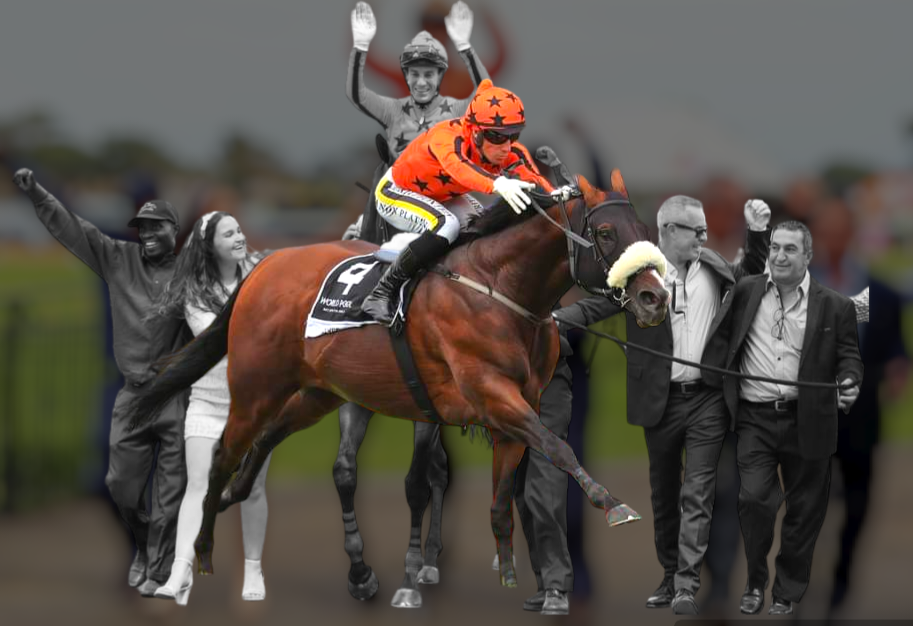
South African racing, at least in the next few years, will weaken domestically as more stars depart for international waters. This trend is unlikely to reverse unless breeders begin investing in the product to enhance the quality of the breeding population in the coming years. This is a no-brainer, but it needs to happen on a large scale.
While this is primarily a long-term plan, in the short term, South Africa's already weak Graded race program is set to further decline. The source of talent has suffered a significant blow in these isolation years, with both foal crops and yearling sales plummeting to near-critical levels. The industry teetered on the brink of collapse when Phumelela, and by extension Gold Circle, faced troubles. Mary Slack's last-minute purchase of racecourse and tote assets in Johannesburg saved the day, allowing the industry to reset and restart—a painful process that saw many who contributed to the industry's predicament still involved.
As the races weaken, the need for South Africans to invest in breeding becomes more pressing. This requires a shift in mentality and investment mindset—an ideological shift. However, this is challenging with a few influential voices shaping narratives to suit their interests.
We cannot simply breed to the current set of stallions or mares, which have weakened over the isolation years, creating a gap in the stallion ranks and, consequently, in the mare population.
While South Africa has imported some quality stallions recently, it's not enough to compete with rivals like Australia and even New Zealand to some extent. Even South America breeds better stock than we currently do.
The world's top 100 rankings reflect our standing in terms of races, with only two South African races in that ranking, both mile races (King's Plate and Gold Challenge), down from three and four previously. This is a merit ratings-based ratings system. In comparison, Australia boasts 24 races in the top 100 worldwide. In the early '80s, South Africa rivaled Australia in terms of racing and breeding.
Our top horses haven't achieved international ratings higher than 119 in a while, with many retiring to stud instead of importing well-bred and performed overseas bloodlines. We've declined offers from European Gp1 winners like Westover, deemed too stout for our market. When we say 'we', we mean our breeders, some of whom have a narrow-minded view of what our system needs, while others have a broader vision.
While many legendary breeders have retired, some with vision and resources remain, but they cannot carry the burden alone. The chain is simple: breed good horses, sell well, race well, and reinvestment follows. However, this is a long-term process.
In conclusion, if South Africans don't address the supply chain of racehorses, our racing industry is doomed, and this will impact every aspect of our products, including our international competitiveness in every way.
|